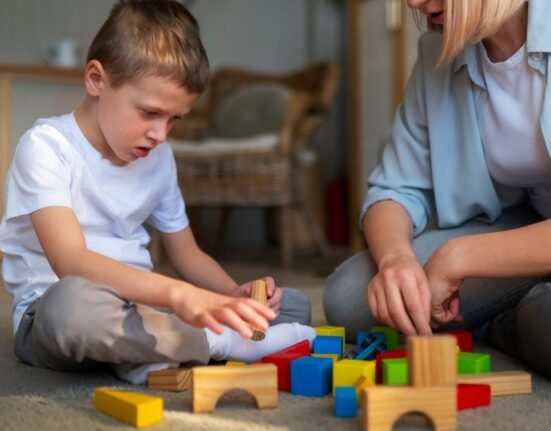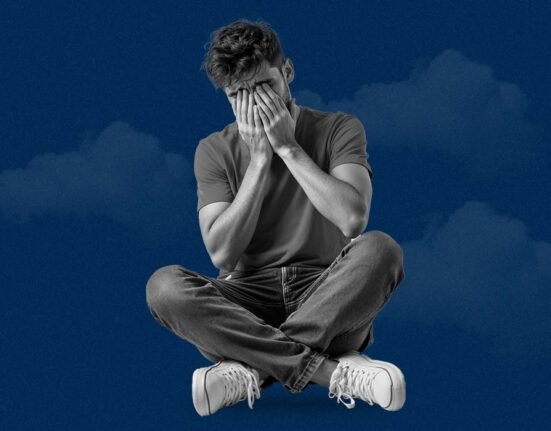On Sunday, the central government opposed petitions filed in the supreme court by gay couples pleading recognition of same-sex marriage in India. The government opposed the plea by citing Indian ethos and that doing so would be a violation of codified and personal laws.
The central government stated that even after the decriminalization of section 377 of the Indian penal code, same-sex marriage cannot be legalized under Indian law because registration of marriage is much more than just the legal recognition of a relationship between two individuals. The center added that the general concept of an Indian family includes a biological man as ‘husband’, a biological female as ‘wife’, and children born out of the union of that couple. The government also said that while they oppose the recognition of same-sex marriage, there are other forms of relationship or union between two people that are not against the law.
The marriage of two people forms an institution that has its place in society with unique responsibilities and rights. The government contended that the registration of same-sex marriage would be a violation of the deeply religious and societal norms of our country. Recognition of same-sex marriage would also be a violation of many provisions of the codified law, like ‘the degree of prohibited relationship’, ‘ceremonial requirements’, and ‘various conditions of marriage under personal laws’.
The LGBTQ community members in India has faced many struggles throughout their lives. Feeling different from the society they live in because their feelings and desire don’t align with others and not being able to meet historical and familial traditions of India already puts them in a lot of regret.

The feeling of being a minority that faces multiple prohibitions by law already puts them under a lot of pressure, but many studies around the world have also found that they also experience a very high rate of mental health problems. The NCBI confirms the outcome of those studies as it tells us that the rate of anxiety, depression, and suicide is way high in this community.
A 2003 research published in the psychological bulletin journal showed that the reason behind the increased rate of mental illness among LGBTQ people is the discrimination, prejudice, and stigma they face because of being different. While they have fought for decades to get the same status and rights as others in society, they still have not attained much. Ray of hope for homosexual people was seen when in 2018, the government of India decriminalized section 377 which prohibited two individuals of the same sex from living together as partners or having a sexual relationship with each other. But since then, it has been a struggle for these individuals to get their relationships legally recognized as in the case of heterosexual people.
While the points raised by the central government in the supreme court seem genuine and true, it is also true that not being able to enjoy the same rights and privileges as heterosexual married couples only adds to their regret and guilt of being different from those around them.
This should be a matter of concern for the government because these kinds of limitations to their human rights make them feel like a discriminated against minority and greatly impacts their mental health. Multiple studies have shown that mental health issues like affective disorder, substance use, and suicidal ideation are very common in the LGBTQ community of India. A study done by the center for disease control and prevention confirmed that suicide ideation in homosexual community members is three times more than in heterosexuals in India.
The right to have a family and intimate relationship with a partner of choice is a luxury that is greatly enjoyed by the heterosexual community but has been unaffordable for the homosexuals of India. And now the central government’s denial to legalize same-sex marriage in India has come as a big discouragement to this community which could increase the risk of these individuals experiencing, feeling of rejection, identity crisis, and hopelessness.













Leave feedback about this